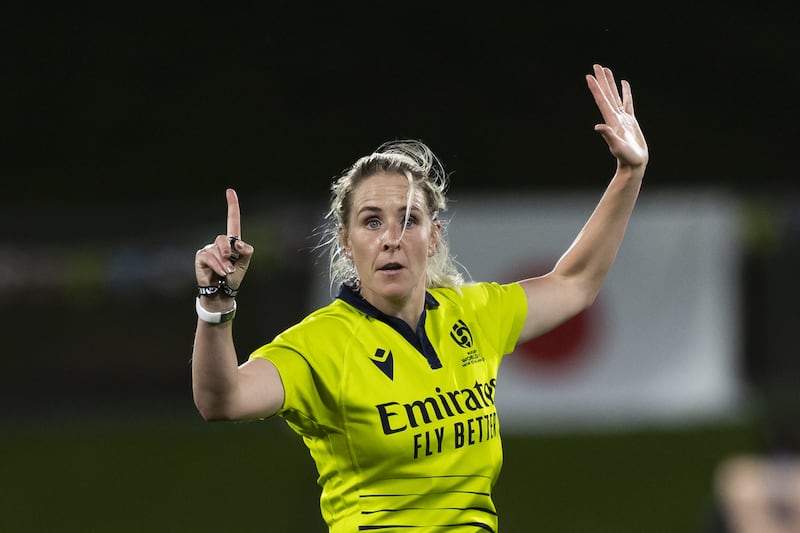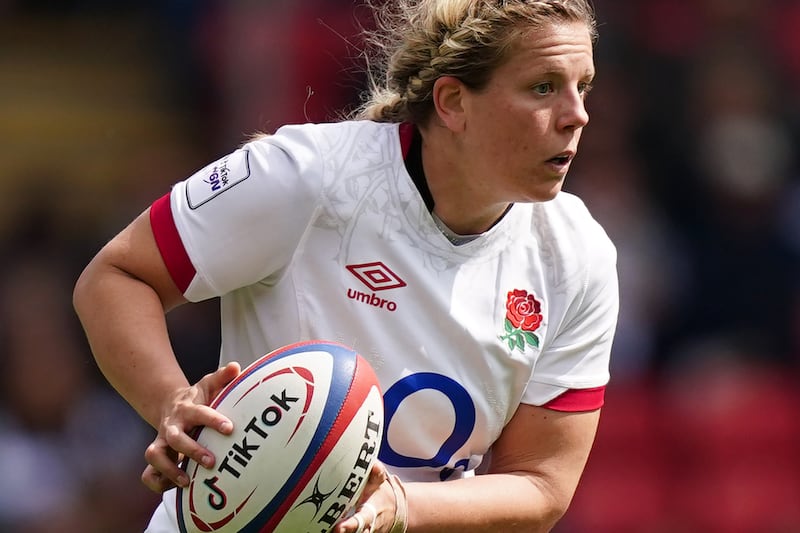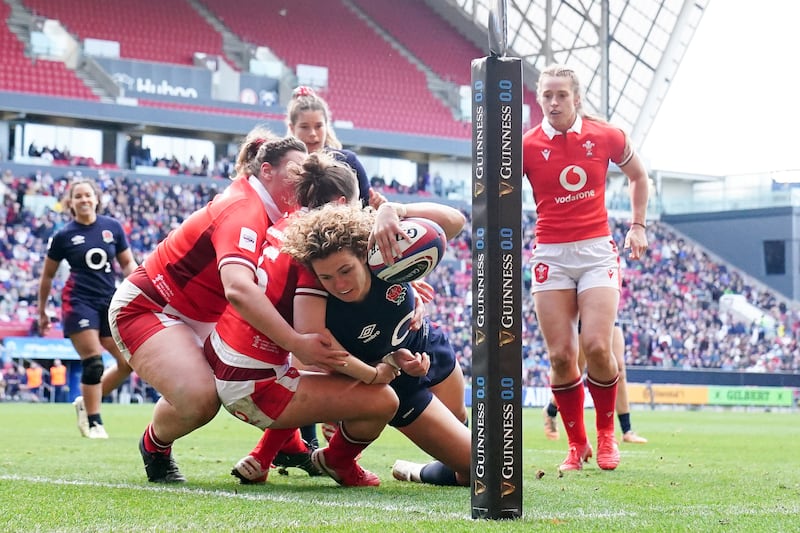It’s impossible to erase memories, but a win is the easiest way for Ireland and France to ignore them. The World Cup was meant to be so many things, but it has come and gone like an Irish summer.
Ireland will showcase 11 faces from that Saint-Denis comedown against New Zealand, while France’s XV has five new faces from their side that was downed by Webb Ellis Cup winners South Africa.
In the absence of Antoine Dupont, what should Ireland be wary of, and how can they target France?
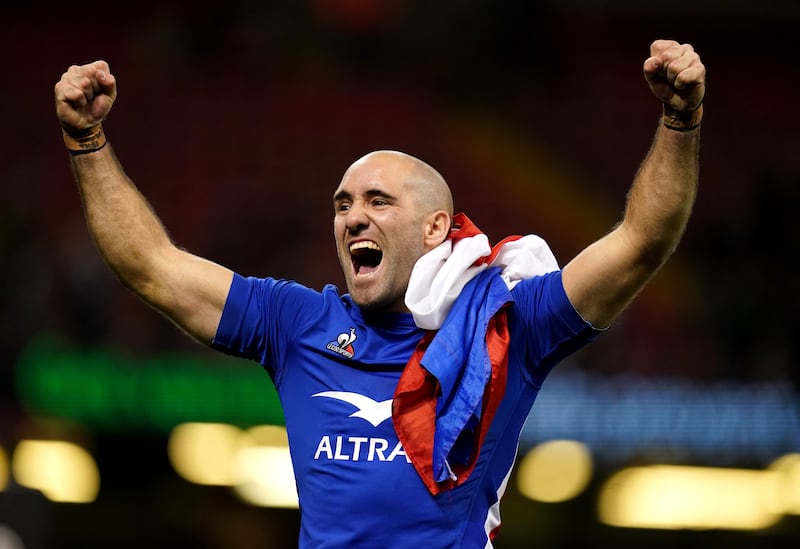
1) Respecting Maxime Lucu
Maxime Lucu is perceived as the Antoine Dupont replacement, rather than a quality player in his own right. Lucu is among a raft of Bordeaux-Bègles men to make their way to national prominence.
His side sit third in the French top-flight, whilst they also crushed Connacht and Saracens amongst others on their way to qualifying for the Investec Champions Cup last-16.
He’s in form, while quotes this week suggest he is also carrying a chip on his shoulder:
“I read all the commentaries. I recall saying to myself: ‘Bloody hell, nobody respects me’.
“It is very belittling. My close circle were affected by this.”
Lucu is deceptively quick, with his sidestep not dissimilar to his fleet of foot predecessor. His counter-attacking game isn’t quite as strong, although his box-kicking game could cause Ireland trouble, with the scrum-half capable of kicking off both feet.
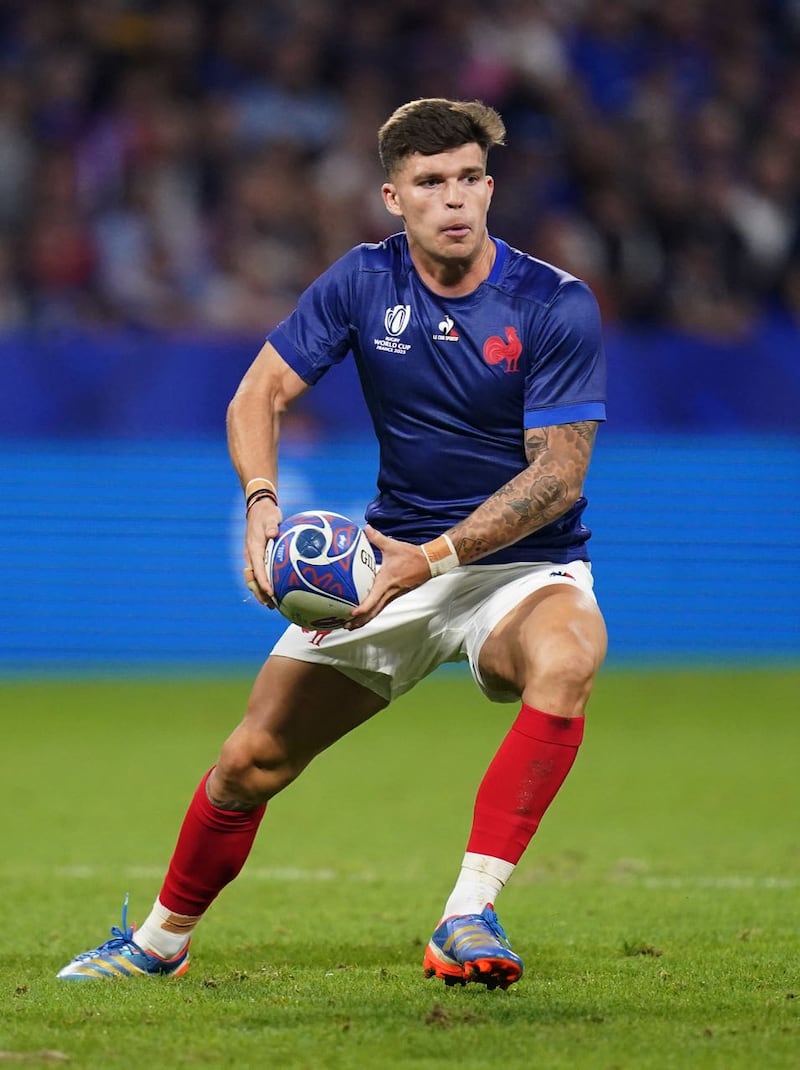
There’s a certain six-foot-six Irish man won’t have to be told twice to pressurise him. Which leads us to...
2) The Joe McCarthy pros and cons
With James Ryan benched, there is an air of unpredictability about the Irish pack. Tadhg Beirne retains his spot in the second row, as Andy Farrell resisted the quite realistic scenario of moving O’Mahony to seven and dropping 2022 World Rugby Player of the Year Josh Van Der Flier.
McCarthy adds an undeniable presence and ball carrying game, and his sheer weight will be a bonus to the Irish front row at scrum time, but Ireland will consequently suffer in the lineout. That is an area that already had been misfiring in late 2023.
The dirty ball could well be the winning and losing of this game, and Stats Perform mark the 22-year-old out as the least effective Irish second-row at both attacking and defensive rucks this season.
Ryan has averaged almost 25 attacking ruck arrivals per match to McCarthy’s 15.7, although McCarthy’s 2.2 defenders beaten per match is almost quadruple the average of his nearest Irish lock competitors.
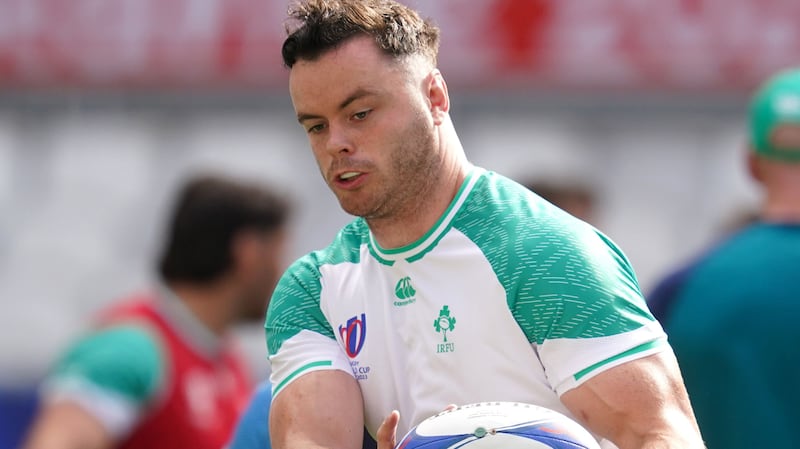
McCarthy can give Ireland front-foot ball as a carrier, but his breakdown work equally could cost Ireland turnovers, with no finer team than France to punish him. He will also more than meet his match in a hefty French second-row pairing of Paul Gabrillagues and South African-born Paul Willemse.
3) The kicking battle
If anything came of the World Cup, it was a ‘take your points’ mentality. Drop goals are back in fashion like they were never away, with France themselves epitomising the importance of penalty goals with the ever-reliable Thomas Ramos.
There will be huge pressure on Jack Crowley’s boot, both from the tee and in terms of pinning France back. Yoram Moefana is a potential weak link there, with the traditional centre preferred to fellow Bordeaux man and 20-year-old Louis Bielle-Biarrey.
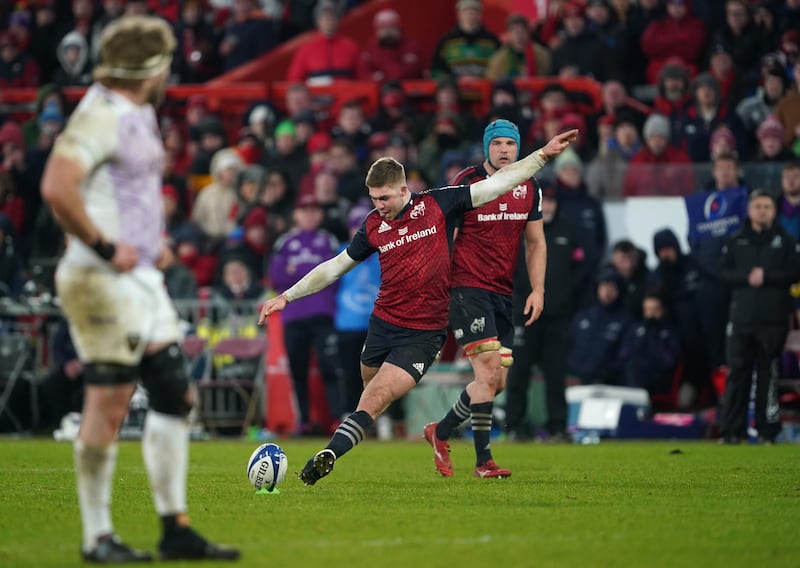
A perceived weakness in the air is believed to be the rationale behind that particular decision, but if Crowley, Jamieson Gibson-Park and Calvin Nash can vary their kicking game, they could exploit a lack of pace and positional awareness on France’s left-hand side.
Nash too will be targeted by Lucu’s bombs in particular, but the Munster man’s aerial prowess could see the scales tip in Ireland’s favour if France opt to go down that route.
4) The set-piece
Although Ireland’s front-row largely picks itself, Tadhg Furlong has not had a huge number of minutes under his belt, not least owing to the tragic passing of his father.
In the French front-row, Uini Atonio has resisted the urge to retire, while the pacy and powerful Peato Mauvaka’s outstanding World Cup campaign has seen him nail down the hooker slot. He is preferred to Toulouse teammate Julien Marchand, who takes the bench slot having been injured for the majority of the World Cup.
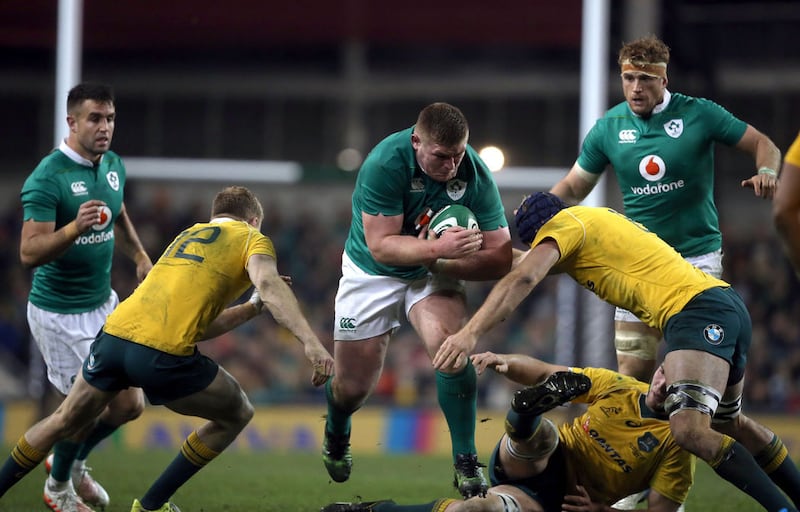
Injury doubts do exist over lock Romain Taofifénua however. Posolo Tuilagi, nephew of England star Manu, may well sneak a bench slot, if a man of his size is capable of sneaking at all.
That would mean a Taofifénua withdrawal and a start for Cameron Woki, rebalancing a French second-row that has opted for power. Should Woki come into the fray from the off, the dynamic Racing 92 man could really disrupt Ireland’s lineout.
On paper it seems France have the upper hand at both scrum-time and in the lineout. Should that arise, Jack Crowley could find himself under all kinds of pressure.
5) How to manage the six-two bench split
It isn’t all that long ago that the six-two split was deemed manic. The Springboks cared so little they eventually invented the seven-one, and now their madness has seeped into European thinking.
Ireland are new to this concept. Ciaran Frawley does significantly help Andy Farrell’s case, but in ways the six-two split is as much about a lack of strength in depth in the backline as it is about power up front.

A traditional split would not have added much, with Frawley capable of covering out-half, centre and full-back. Mack Hansen and Jimmy O’Brien’s injuries further that point.
But Garry Ringrose’s injury does hamper the Irish cause, especially in the case of an injury to either Calvin Nash or James Lowe. That may well see Hugo Keenan shuffle onto the wing, with Frawley in at full-back.
In any case, the majority of the Irish backline will have to expect a full 80 minutes, while the timing of the substitutes of the forwards in reserve will also be a case of learning on the job for Farrell.
It all makes for a fascinating final quarter, and a game within the game.



